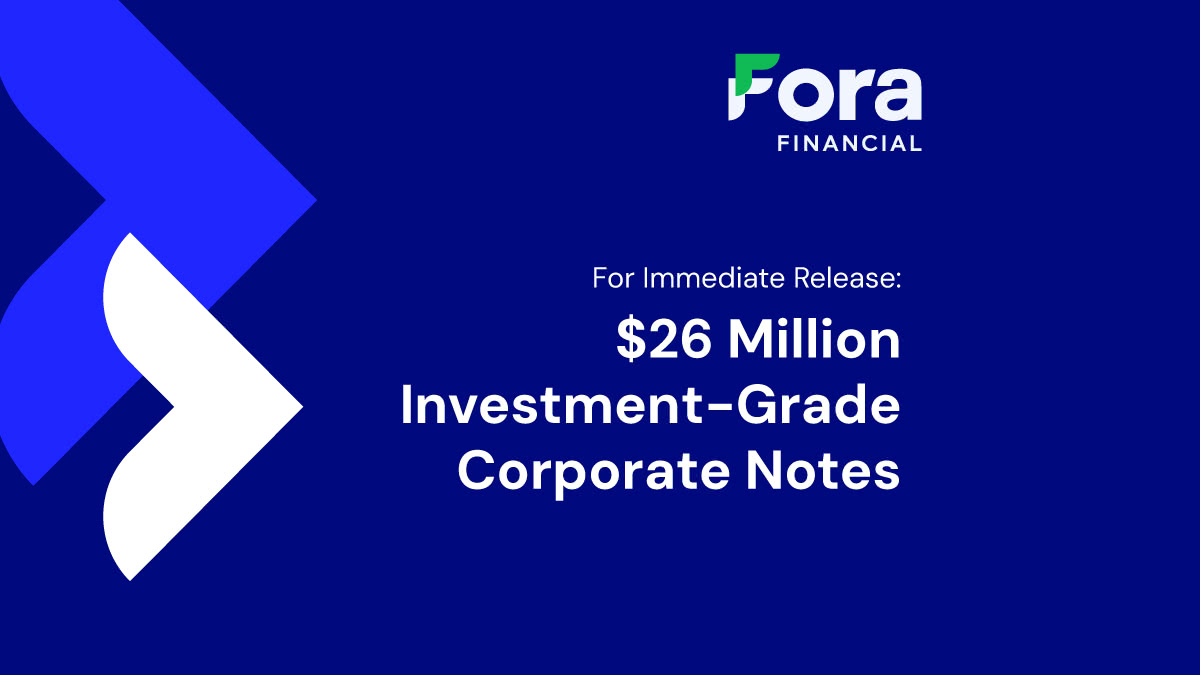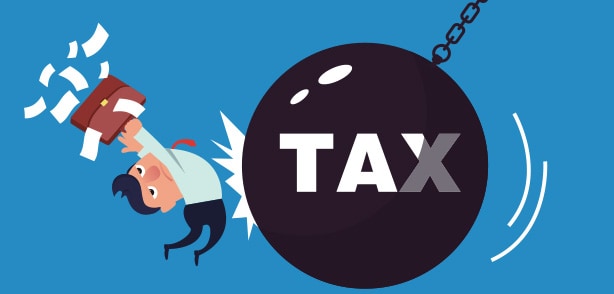The Pros and Cons of Debt Refinancing

Hopefully, if you’ve been operational for at least a few years, your company’s financial health has become stronger. If that’s the case, you should consider how you’re financing your business and ensure that current methods still benefit your business’s future.
If you took out a startup loan to get your business off the ground, you might be able to get a better deal by refinancing that existing debt. After all, in the eyes of a financial institution, providing money to a new business is risky. To compensate for that risk, you’ll generally have to pay higher interest rates, which might be hurting your business’s finances.
Still, there’s much to consider before choosing to refinance debt. To help you decide, we’ll explain business debt refinancing, how to weigh the most notable pros and cons, and determine if it’s right for your business.
What Is Debt Refinancing?
The definition is debt refinancing is relatively straightforward. If you’ve previously received a business loan, you can apply for a new loan with better rates and terms. Doing this can pay down the previous loan so that it’s considered paid off.
What Are the Pros of Debt Refinancing?
1. Freed Up Cash Flow
Suppose you can refinance business debt to a lower rate. In that case, you can free up a significant amount of cash flow by refinancing. With more cash flow available, you can generate more profit or re-invest the extra cash flow in new locations, equipment, inventory, and payroll, for example.
At the very least, extra cash flow can provide more breathing room in your budget. This will relieve the stress of meeting monthly payments, such as rent, utilities, and vendor bills.
2. More Flexibility
When running a new business, you’re not going to get the best deals, whether with lenders, suppliers, or vendors. However, suppose you’re one of the few small business owners that survive their startup years. In that case, you’ll have more leverage, especially regarding financing.
Pursuing debt refinancing as a stable business means you’ll likely have more financing options to choose from in the future. More options mean more flexibility, so you may be able to refinance your original loan into one that better meets your business’s needs.
3. Reduced Cost of Long-Term Financing
Even if you refinance into a small business loan with a better rate, you’ll face some upfront costs when you close on the new loan. However, if the new loan’s rates and repayment terms are favorable, you should benefit in the long term. However, you should consider all the costs before deciding to refinance so that the deal works in your favor.
What Are the Cons of Debt Refinancing?
1. Negative Impact on Your Credit Score
When you refinance debt, the lender you work with will make a hard inquiry on your credit reports. This may negatively impact your credit rating in the short term. Still, if you’re paying debts on time and in full, the negative impact will be negligible over the long term.
In addition, since refinancing debt means you’re taking out a new loan to replace an existing one, your credit score could take a hit. This is because the average age of your credit will decline.
As you probably already know, low credit scores can cause significant challenges for small business owners. If your business already has poor credit, it might not be worth the risk.
2. It’s Not Right for Everyone
Debt refinancing may seem worthwhile if you take out a high-rate loan, but it’s not for everyone. There are several costs and factors — besides the rate — that you must consider.
For example, even if you can get a better rate, you need to evaluate whether the impact on your credit score is worth it. Although saving money is excellent, refinancing one debt may not be worth lowering your credit score. A lower credit score could make it challenging for you to obtain other financing options.
It’s important to remember that debt refinancing isn’t the only option. You can pay off your existing loan and pursue a different financing option that suits your company better.
Whether that be credit cards, cash advances, a line of credit, or a loan from a lender with better terms. Conduct research and be confident in the financing route that you’re pursuing.
3. Prepayment Penalties on Old Debt
While it might seem counterintuitive if you’re unfamiliar with the world of finance, lenders often don’t want you to repay your loan early. They may increase the loan terms’ prepayment penalties to discourage you from doing so.
If you want to refinance an existing loan, you’ll be paying off your old loan using your new one. Doing that may mean you incur a prepayment penalty which could mitigate the savings you would’ve earned for refinancing.
Conclusion: Make Sure Debt Financing Is Right for Your Business
Many lenders will gladly refinance your loan even if it’s not in your best interest, provided that you qualify. That’s why it’s important to remember that it’s up to you to understand the deal’s financials before refinancing debt. Fortunately, if you can lay out all the costs and benefits to your business, the decision should be straightforward.
That said, if you’re not a finance expert, it can be challenging to make sure you consider every component.
Editor’s Note: This post was updated for accuracy and comprehensiveness in July 2022.
Since 2008, Fora Financial has distributed $4 billion to 55,000 businesses. Click here or call (877) 419-3568 for more information on how Fora Financial's working capital solutions can help your business thrive.






